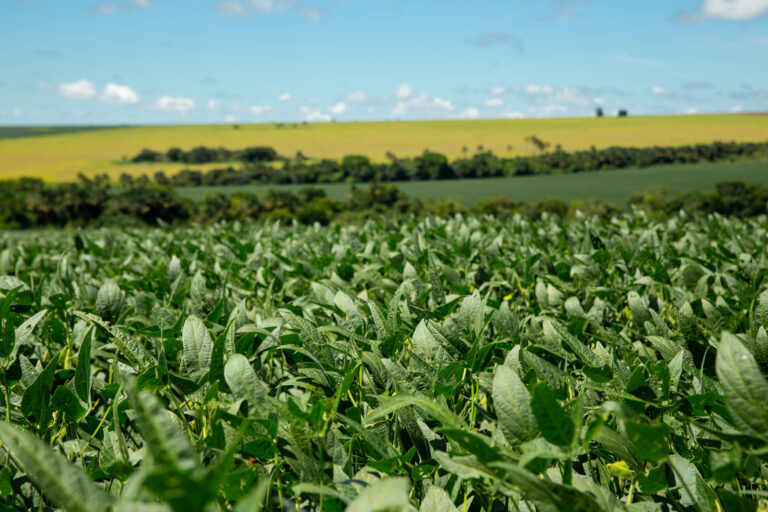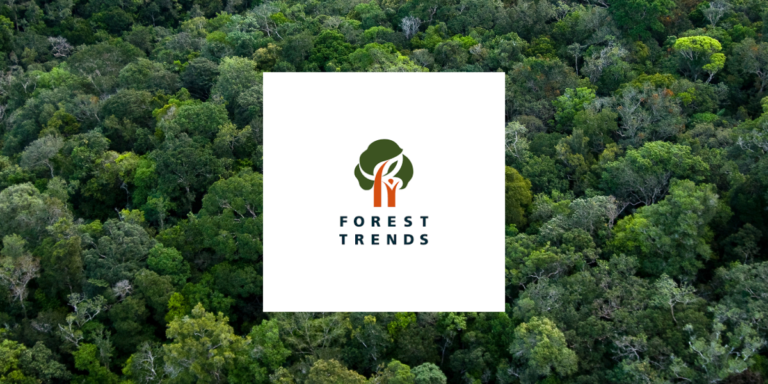As ecosecurities largest shareholder, SIM is proud to report that the company has concluded a round of finance with a consortium led by two Korean corporations—SK Group (“SK”) and Shinhan Group (“Shinhan”). SK is a global conglomerate with a wide range of manufacturing and technology businesses, Shinhan is one of Korea’s leading financial institutions, and ecosecurities Holdings SA (“ecosecurities”) is a global carbon project developer. The three companies are pleased to announce a partnership for sourcing and developing carbon credits and a strategic investment into ecosecurities.
Pedro Moura Costa, CEO of SIM and original founder of ecosecurities, said, “We are delighted to welcome both SK and Shinhan as shareholders in ecosecurities. Since I founded EcoSecurities over 25 years ago, our mission of connecting purpose-driven capital with high-integrity environmental projects has never been more important. With our new partners, we will be able to continue on this mission even stronger than before.”
- Transaction marks SK and Shinhan’s largest investment to date in the international carbon markets and underpins both companies’ expansion into Nature-based Solutions (NBS) and Technology-based Solutions (TBS).
- Investment will help cement ecosecurities’ leadership in carbon reduction and removal project development while growing their decarbonization technology and advisory services – working with governments, landowners and NGOs.
- The additional investment will be utilised to accelerate capital mobilisation for decarbonizing economies across the globe, especially in the Global South, and building trust and integrity in the market by delivering high-quality projects.
- ecosecurities will also see its operations expand to focus on regenerative agriculture, conservation, biochar, enhanced weathering projects and other CDR technologies.
The world needs to rapidly mobilise capital (both public and private) at scale to decarbonize economies and reach net zero. The latest State of Climate Action report by the World Resources Institute (WRI) calls for an increase in global private climate finance flows to $2.6–3.9 trillion per year by 2030 in order to meet targets, an increase of more than 10x current levels. Finance flows must increase by nearly half a trillion dollars each year through this decade to get on track. This partnership will catalyse capital mobilisation towards net zero strategies and will support countries and communities to achieve their Paris Agreement pledges.
Carbon markets are crucial for mobilising climate finance at scale, decarbonizing sectors and economies and fostering a sustainable future. In recent years, there has been significant growth in carbon markets globally as investors, corporations, governments and project developers actively contribute to the expansion and implementation of new technologies necessary for achieving net zero emissions.
Moohwan Kim, EVP of SK’s Green Investment Center, who joins the Board of Directors of ecosecurities, said of the investment, “SK is committed to leading the transition to net zero and enabling a more sustainable energy complex. Our strategic investment in ecosecurities reflects our ambition to help scale global carbon markets and support the growth of technology-based solutions worldwide.”
Joontai Kim, Deputy CEO of Shinhan Securities said, “At Shinhan, one of our mottos is ‘building a better world through finance’. Through our partnership with ecosecurities, we make solid progress on our Zero Carbon Drive targets and facilitate our commitment to expanding green finance.”
SK and Shinhan join existing institutional shareholders Sustainable Investment Management (SIM) and Hartree Partners (who invested in ecosecurities in March 2022 through its wholly-owned subsidiary Vertree Partners).
Ariel Perez, Managing Partner at Vertree commented, “By combining the strength of SK in technology and energy, Shinhan’s extensive financing capabilities, and Hartree’s international carbon sales and trading platform, ecosecurities is well-positioned to further establish themselves as a leading global climate solutions provider”.
Pablo Fernandez, CEO of ecosecurities, further commented, “We are thrilled to welcome our new partners, SK and Shinhan. For over 25 years, ecosecurities has been at the forefront of driving high -impact, positive climate action. With this announcement today, it paves the way for us to continue doing so by combining nature and community-based solutions with technology-based decarbonization strategies.”
SK and Shinhan join as minority shareholders. Terms of the deal are not disclosed.






